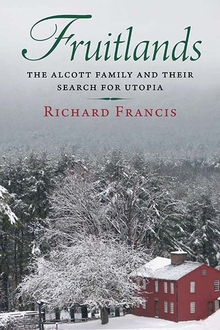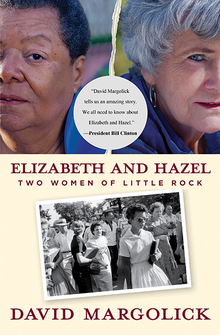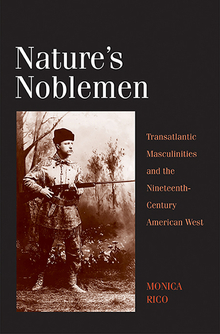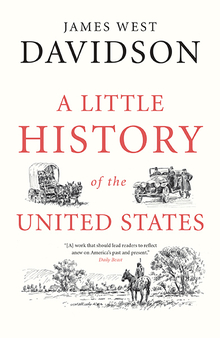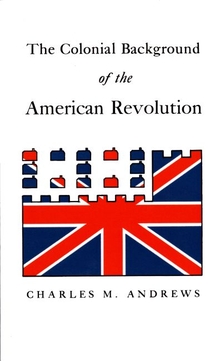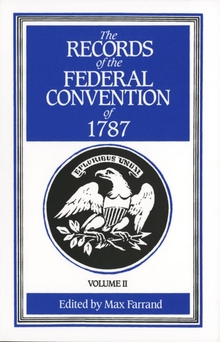Fruitlands
WARNING
You are viewing an older version of the Yalebooks website. Please visit out new website with more updated information and a better user experience: https://www.yalebooks.com
The Alcott Family and Their Search for Utopia
Richard Francis
The fascinating story of Bronson Alcott’s utopian experiment
This is the first definitive account of Fruitlands, one of history’s most unsuccessful—but most significant—utopian experiments. It was established in Massachusetts in 1843 by Bronson Alcott (whose ten-year-old daughter Louisa May, future author of Little Women, was among the members) and an Englishman called Charles Lane, under the watchful gaze of Emerson, Thoreau, and other New England intellectuals.
Alcott and Lane developed their own version of the doctrine known as Transcendentalism, hoping to transform society and redeem the environment through a strict regime of veganism and celibacy. But physical suffering and emotional conflict—particularly between Lane and Alcott’s wife, Abigail—made the community unsustainable.
Drawing on the letters and diaries of those involved, Richard Francis explores the relationship between the complex philosophical beliefs held by Alcott, Lane, and their fellow idealists and their day-to-day lives. The result is a vivid and often very funny narrative of their travails, demonstrating the dilemmas and conflicts inherent to any utopian experiment and shedding light on a fascinating period of American history.
“…. [In] rich detail…..Francis has delivered the definitive week-by-week historical treatment.”—Thomas Meaney, Times Literary Supplement
“Richard Francis has no illusions about the absurdity of the Fruitlands experiment, but he also finds in the episode the origins of the modern green sensibility, as well as a form of early anarchism. Readers of Fruitlands may not regard Alcott and Lane as heroes, but they may consider them pioneers.”—Rohan McWilliam, The Tribune
Publication Date: October 25, 2011
20 b/w illus.

